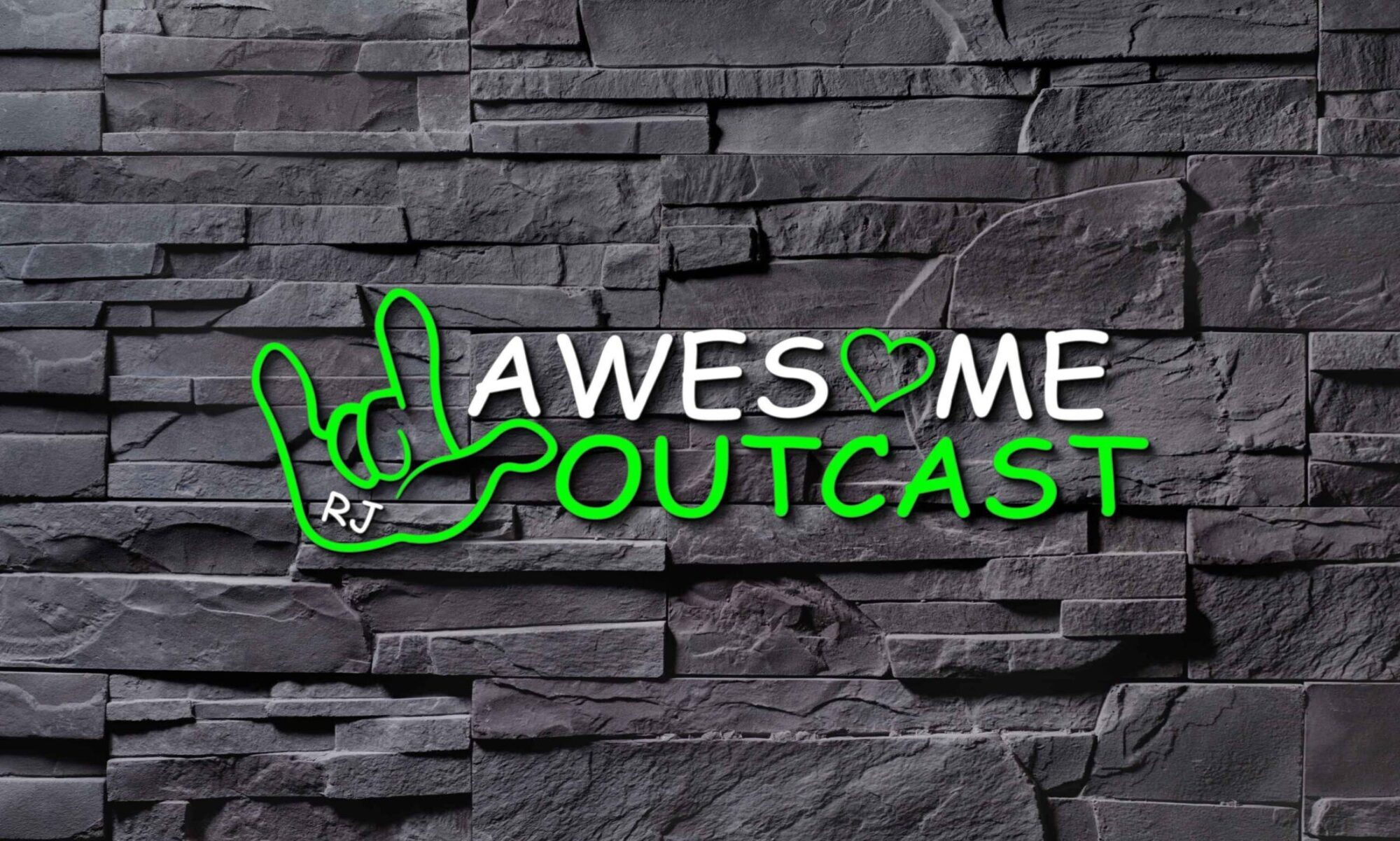Besides being one of the arts, music is an extremely effective tool. Music taught us our ABCs. Music is still a tool, whatever your age. Some things your fav tune can do for you include:
- Ease anxieties and reduce stress
- Motivate you, and increase your productivity
- Improve sleep
- Provide physical healing benefits
- Enhance cognitive and memory abilities…….
………Whoa!!!!! Stop the press!!! Music has physical healing benefits and enhances cognitive and memory abilities??? YES!!!!! It does. And those benefits and enhancements make music an even more priceless tool for those with physical and cognitive disabilities or delays.
Music therapy has become quite popular in working with those with disabilities. Whether it’s stretching muscles or helping with memory – it ROCKS! (no pun intended) But music therapy can be quite expensive. There are a few ways to d.i.y. music therapy for your disabled loved ones. Here are a couple of ideas.
Sing the steps to doing chores. Take your disabled loved one’s favorite song and change the words to fit the steps of doing a daily living skill or chore. Since the rhythm is obviously something they like and remember, it could help them remember how to do a task. You might feel silly as you croon to Michael Bolton’s rhythms about putting dishes away or use some Snoop Dog rap for the steps of taking a shower. But, with a little practice and remembering the words you come up with, you’d be surprised how helpful it can be!
Create a therapeutic dance routine. You probably won’t have moves like Jagger. You might not make it to “Dancing With The Stars”. But if you can help your disabled loved one move a little easier, you’re great! Here again, choose some favorite music to play. Follow the rhythm of the music. Do simple stretches. Think of doing the Hokey Pokey, only to your choice of tunes. Modern dances aren’t so “active” these days. You might be able to find something on YouTube that can teach you some dance steps that to easily accommodate your loved one’s disabilities.
I’m not a licensed therapist, but the above methods have helped tremendously for RJ. We’ve put dishes away to Lady Gaga’s “Poker Face”. We’ve even gone so far as to teach a very straight-laced physical therapist how to stretch to the beats Native American drums.
In a day and age where benefits are being cut or perhaps not available in your area, your imagination and a little improvising can do wonders. Know your loved one’s limitations, but challenge them just a bit. That’s what therapy does. Doing a little bit of d.i.y. music therapy is a great way to spend some one-on-one time together, too.
For more information on the benefits of music and music therapy, visit the Peterson Family Foundation or The University of New Hampshire websites.

